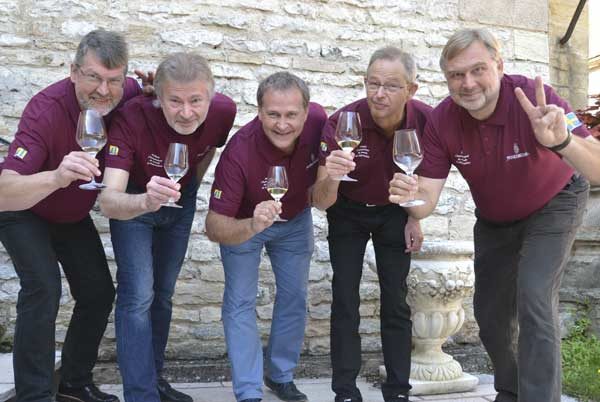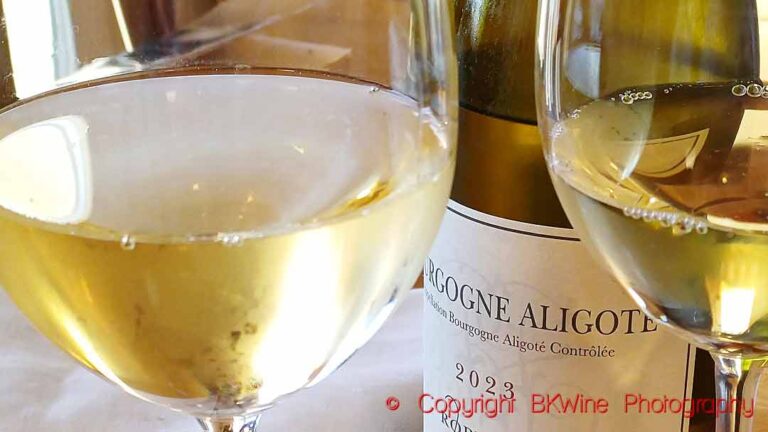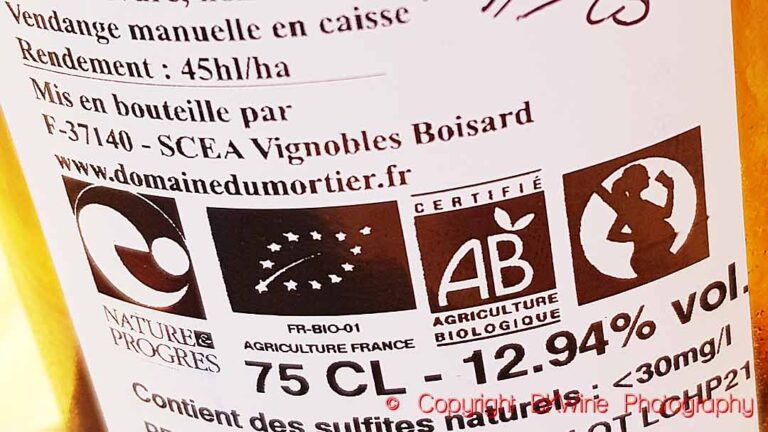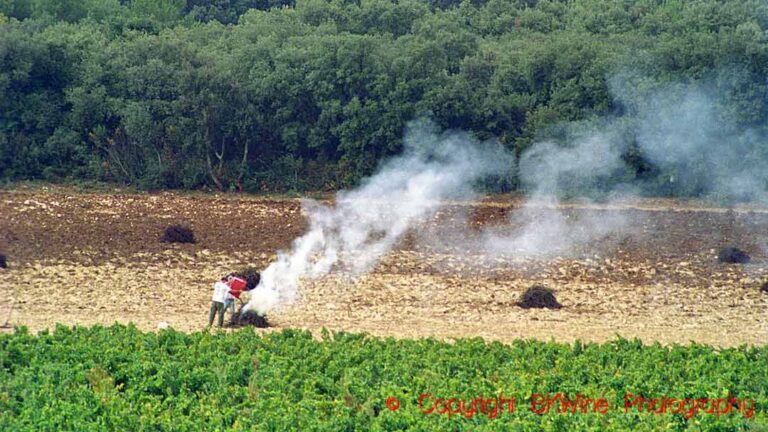With 115 points the Swedish team won the “Blind Tasting World Championship” with an 8 points margin to the silver medallist United Kingdom with 107 points and the number three, Luxembourg with 100. The competition is a team competition with teams of four, organized by the French magazine La Revue du Vin de France. 24 teams participated from all corners of the world.
The Swedish four-headed team consisted of representatives from the wine tasting club Munskänkarna from Piteå and Trollhättan: Torgny Almgren, Jerker Delsing, Richard Granberg and Ulf Palmnäs, plus their coach Mats Burnert. “They got 115 points, an impressive result. Last year, the Chinese [then the winning team] had 108,” noted Philippe de Cantenac, responsible for the organisation of the competition. It is the fifth time the competition took place.
The competition is about identifying 12 wines tasted blind, six whites and six reds. The teams must try and identify the dominant grape variety, country of origin, district, producer and vintage of each wine. They have ten minutes per wine. Maximum number of points is 300, which clearly illustrates the difficulty of identifying wines blind: reaching 115 points, like the winning team did, is a big achievement. “We did just as well with the white as with the red wines. For 6 of the wines we were correct on the grape, on 2 of the wines we had 20 points and on one wine we had 23 points,” said Jerker Delsing, one of the participants in the Swedish team.

World champions from left to right: Jerker Delsing (Piteå), Richard Granberg (Piteå) Mats Burnert (coach), Torgny Almgren (Trollhättan) and Ulf Palmnäs (Trollhättan).
Here are the twelve wines in the competition:
White wines:
Wine number 1:
Main grape variety: chasselas
Country: Switzerland
Appellation/region: Fendant Fully
Producer: Cave des Amandiers
Vintage: 2014
Wine number 2:
Main grape variety: vermentino (rolle)
Country: France
Appellation/region: Bellet (Provence)
Producer: Clos Saint Vincent
Vintage: 2016
Wine number 3:
Main grape variety: riesling
Country: Germany
Appellation/region: Sonnenberg Pfalz
Producer: Fredrich Becker
Vintage: 2011
Wine number 4:
Main grape variety: chenin
Country: South Africa
Appellation/region: Stellenbosch
Producer: Ken Forrester, FMC
Vintage: 2014
Wine number 5:
Main grape variety: chardonnay
Country: France
Appellation/region: Puligny Montrachet
Producer: Boisset Les Trezins
Vintage: 2015
Wine number 6:
Main grape variety: garganega
Country: Italy
Appellation/region: Soave
Producer: Gini
Vintage: 2013
Red wines:
Wine number 7:
Main grape variety: nebbiolo
Country: Mexico
Appellation/region: Baja California
Producer: La Cetto
Vintage: 2012
Wine number 8:
Main grape variety: cabernet sauvignon 57 %, syrah 30 %
Country: Lebanon
Appellation/region:
Producer: Chateau Kefraya
Vintage: 2012
Wine number 9:
Main grape variety: grenache 60 %, syrah 40 %
Country: France
Appellation/region: Vacqueyras
Producer: Domaine de la Fourmone
Vintage: 2014
Wine number 10:
Main grape variety: grenache
Country: Spain
Appellation/region: Rioja
Producer: Remondo Palacios Propiedad
Vintage: 2010
Wine number 11:
Main grape variety: merlot 30 %, cabernet sauvignon 35 %, cabernet franc 35 %
Country: France
Appellation/region: Saint Emilion
Producer: Chateau Figeac
Vintage: 2009
Wine number 12:
Main grape variety: touriga nacional, touriga franca, tinta cão, tinta francisca, tinta amarela, sousão, tinta roriz
Country: Portugal
Appellation/region: port
Producer: Dirk Niepoort
Vintage: 1987
A wine list filled with pitfalls!
“It was extremely difficult. Some of the wines in the competition do not even have access to in Sweden. Then it’s hard to identify them correctly, but somehow we succeeded. It was hard for everyone,” said Jerker Delsing after the competition.
In a monopoly market like Sweden this is understandable, not to say self-evident, that many of the wines that were included in the competition are not available; the range of wines is naturally limited with a monopoly. Which if anything makes the Swedish team’s performance even more impressive.
We can only say a big congratulations to the winners! And also to all the others who competed well and certainly had a lot of fun on the way.
You can read the entire ranking of the teams in the article on RVF: La Suède sacrée championne du monde de dégustation à l’aveugle.









